TikToks Spread Negative Mormon Stereotypes
January 20, 2023
“HOW ARE THESE PEOPLE REAL?” TikTok user @bim0_bb jokes after watching a viral interview of Mormons on the popular social media platform. This interview, along with many others, occurs at Utah’s Brigham Young University (BYU), where 98% of the student population is Mormon.
Here is what the videos usually consist of: TikTok interviewers ask BYU students bizarre and satirical questions that, in all likelihood, they probably know the answer to, as Mormons are known to have specific restrictions. The student answers, the video gets posted, and comments flood in.
These short interviews have stirred up much conversation and quickly gained attention. @danbamban, a user on TikTok, went around campus asking students if they would drink a cup of coffee or a cup of cooking oil, a question shaped around the Mormon restriction on caffeine. The majority responded quickly, claiming they would drink the cooking oil.
Nervously giggling, one student who was willing to drink the coffee expressed that he would drink it “and then repent later.” This interview went viral, wielding 17.3 million views and a comment section filled with negative and sarcastic comments about Mormons. @tommyjobo mocked the students’ answers and wrote, “The best part of waking up is Crisco in your cup.” Responses consisted of people agreeing and writing back, with one saying, “This made me snort-laugh unreasonably loud.” (@itsmejamesryan).
In one long-gone interview, banned TikTok user @provoallstars posed the question: “Have you ever dated a black man?” One student featured in the video answered, “No, I haven’t.” The interviewer was quick to ask her, “What’s the holdup?” To his surprise, she replied, “I’m not sure. I’ve never had a boyfriend in general.” The interviewer deliberately asked this question, almost as if he knew that potential racial bias would get more views.
How far will these interviewers go to get content? How will Mormons react to this situation? Only time will tell. As of now, these viral TikToks are spreading like wildfire, with more negative stereotypes being perpetuated by each video.

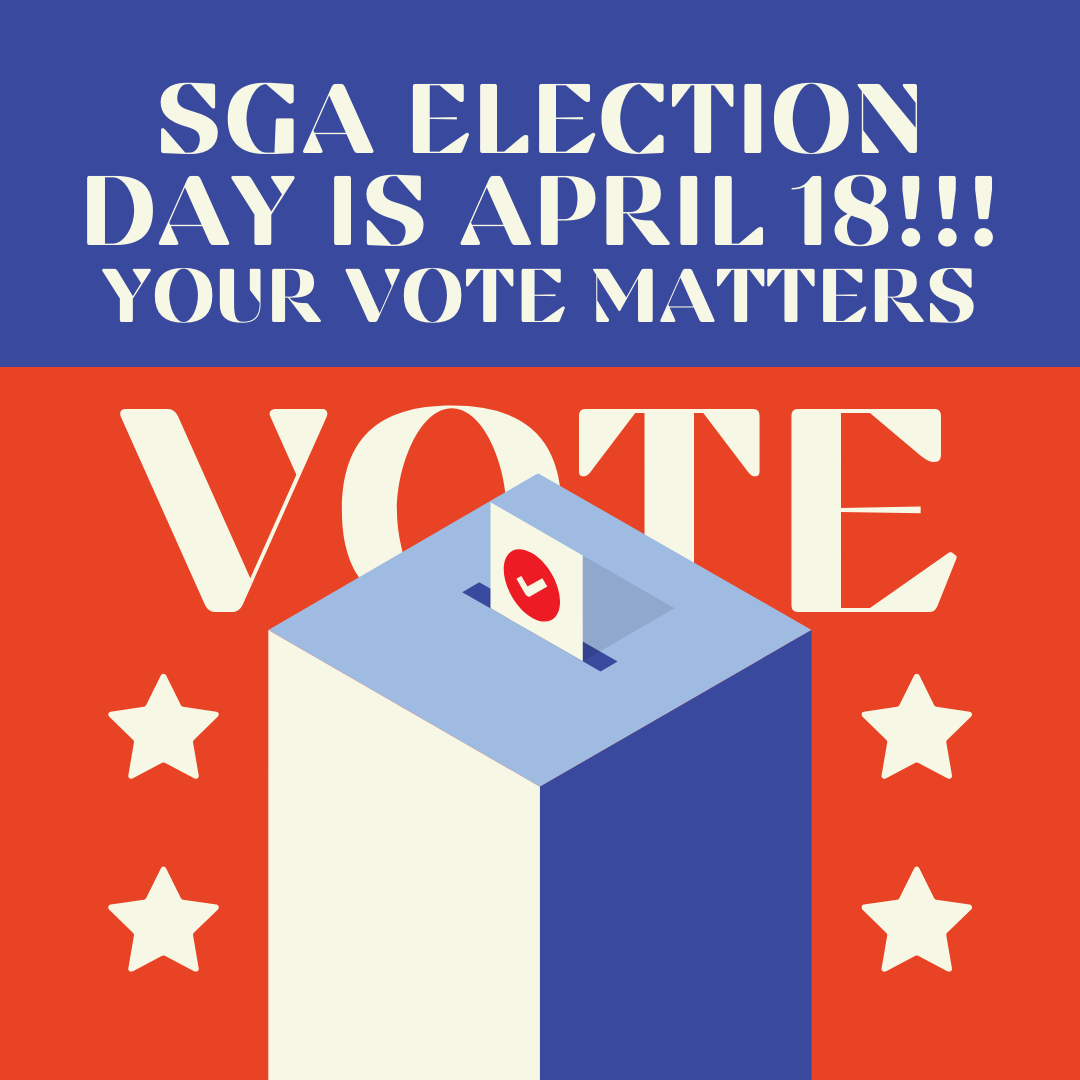
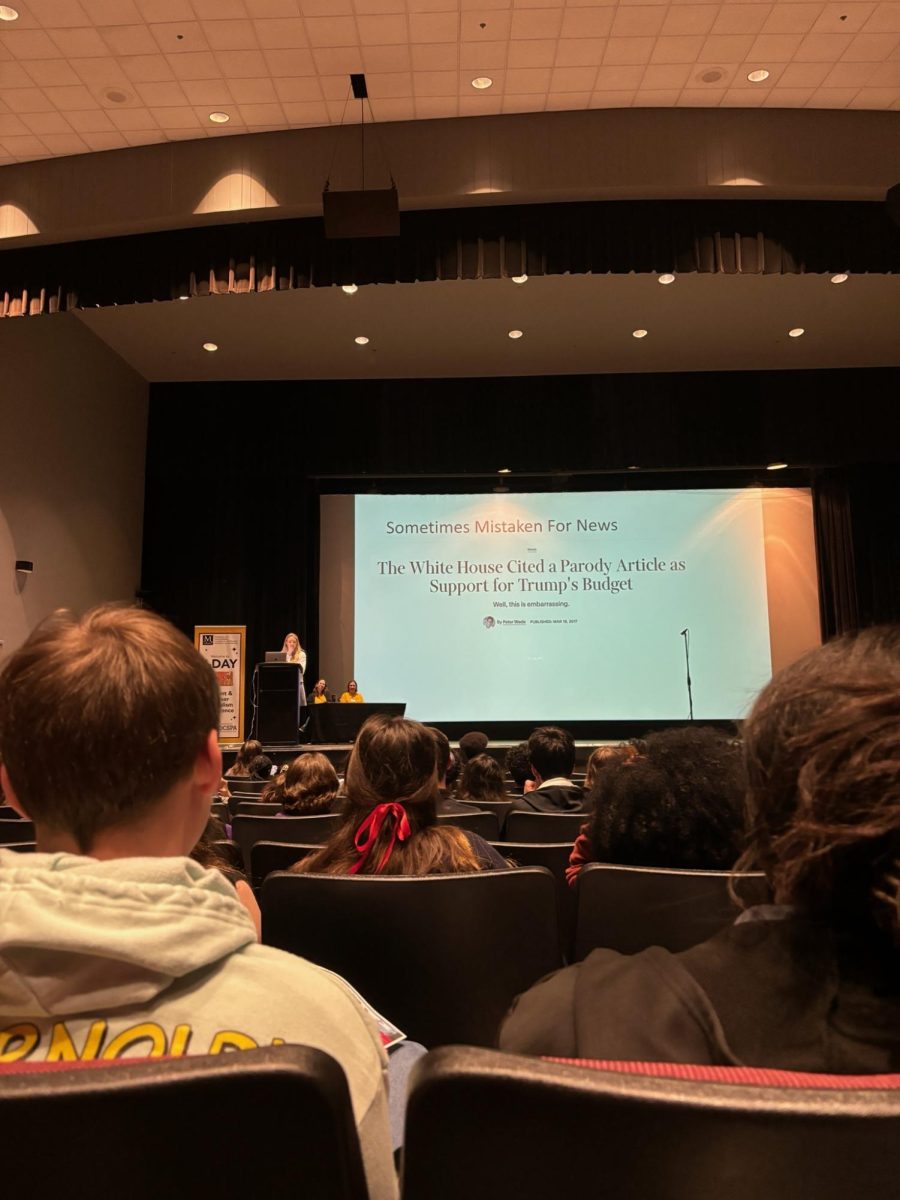
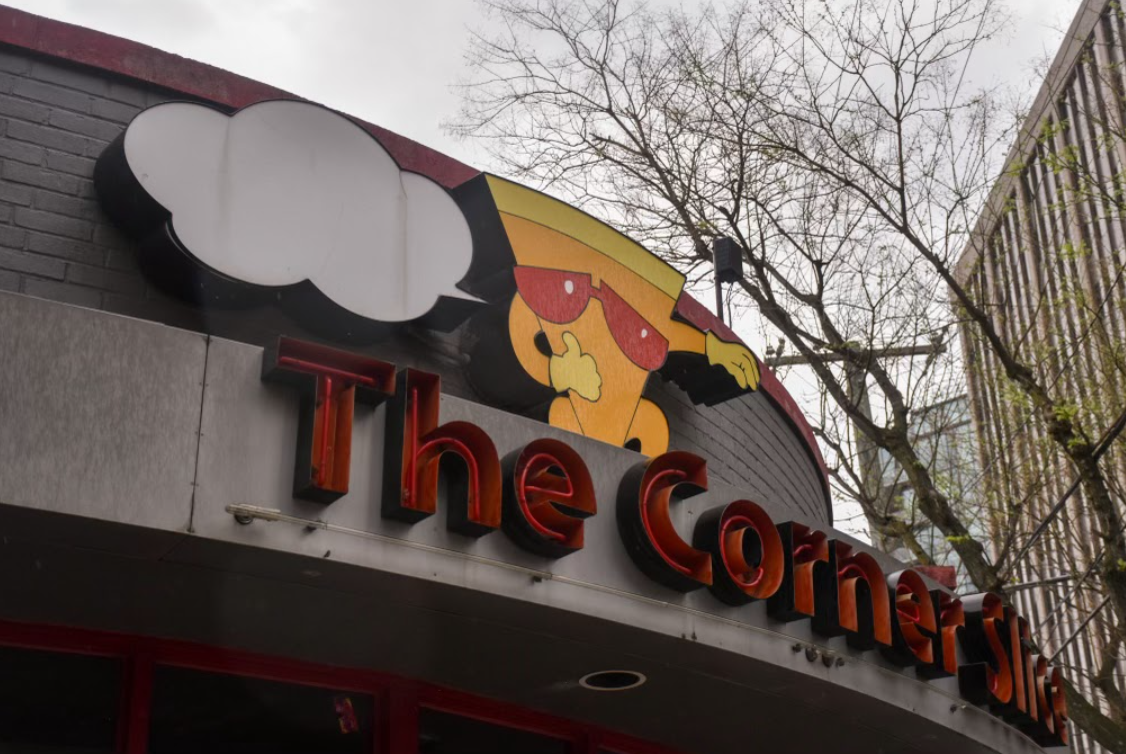

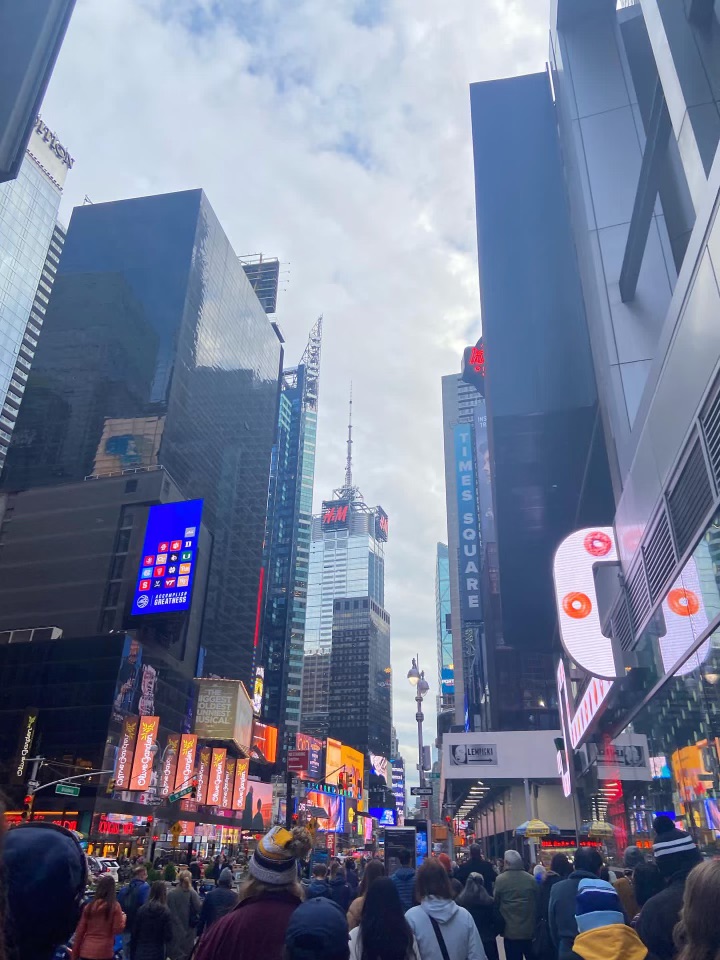
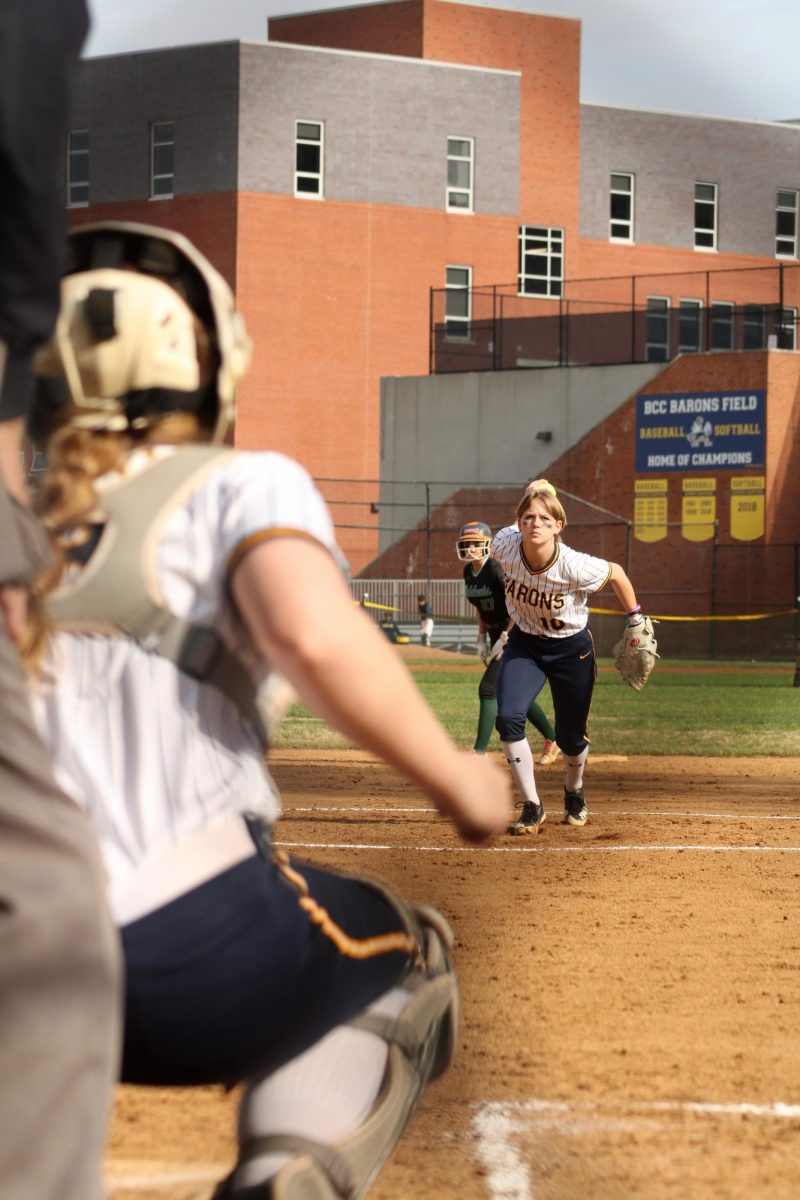
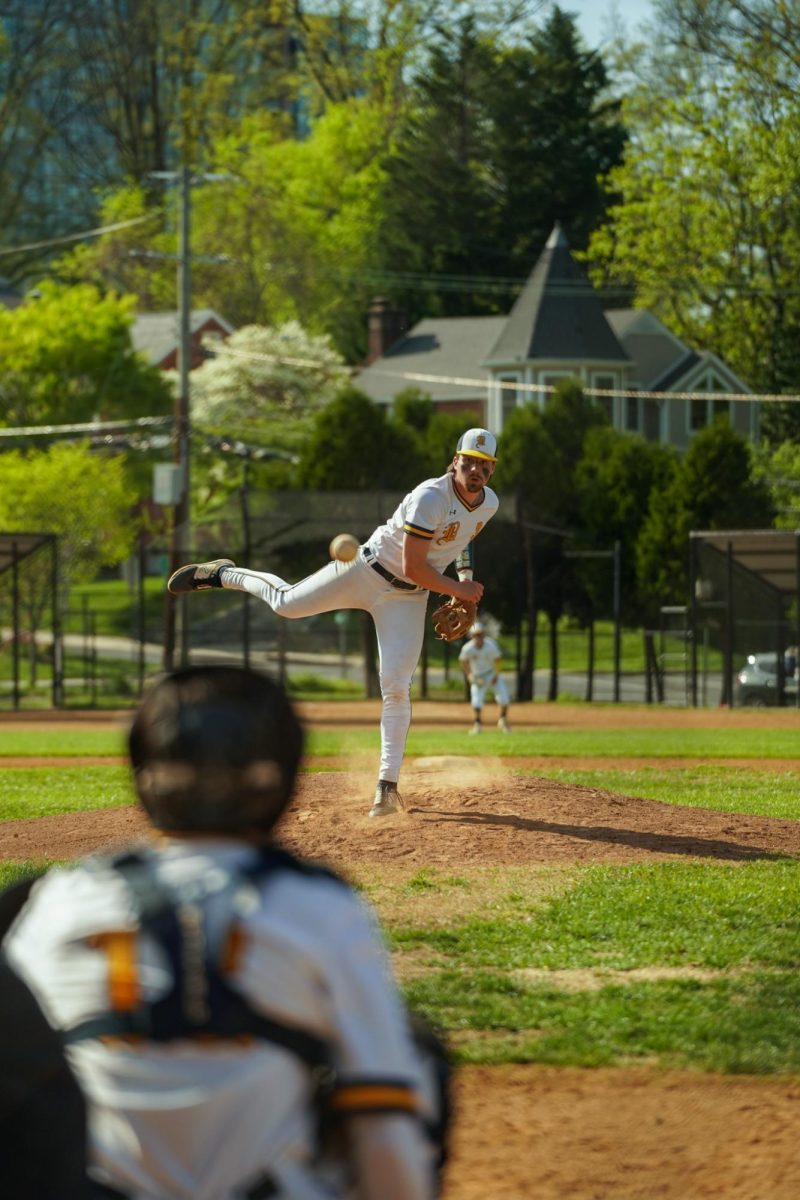

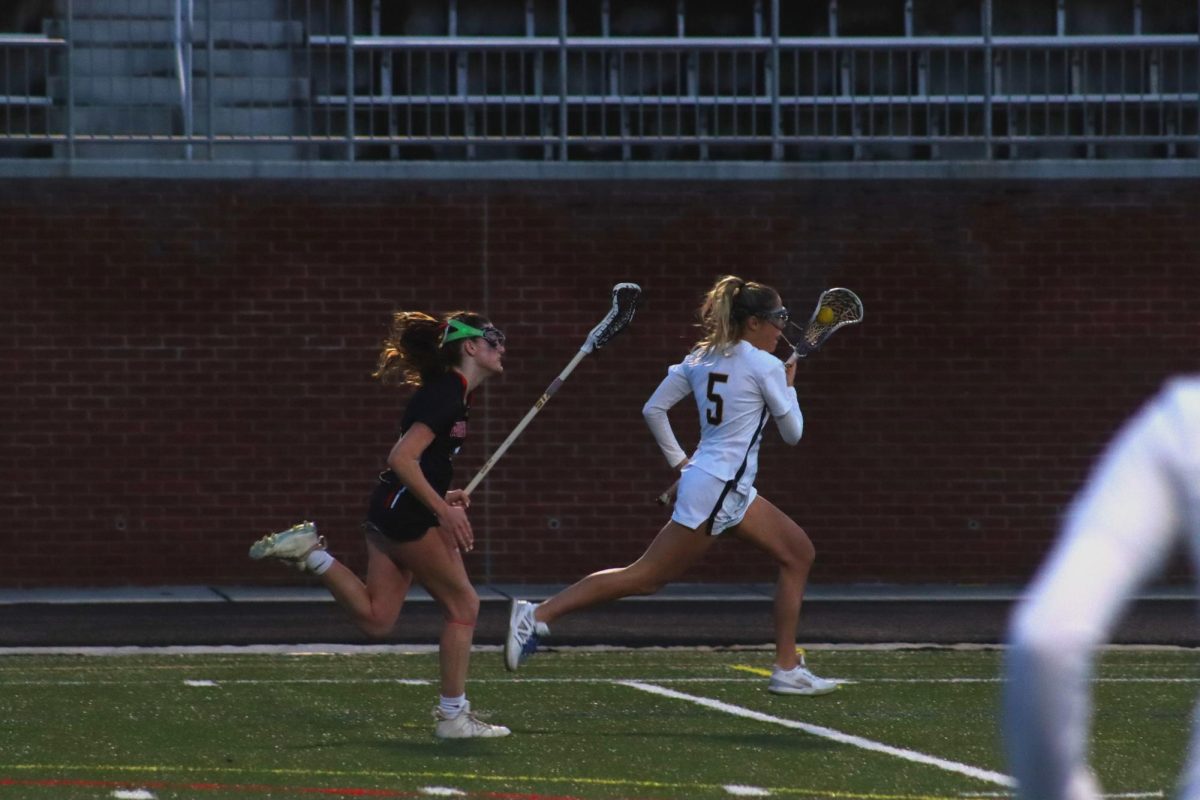
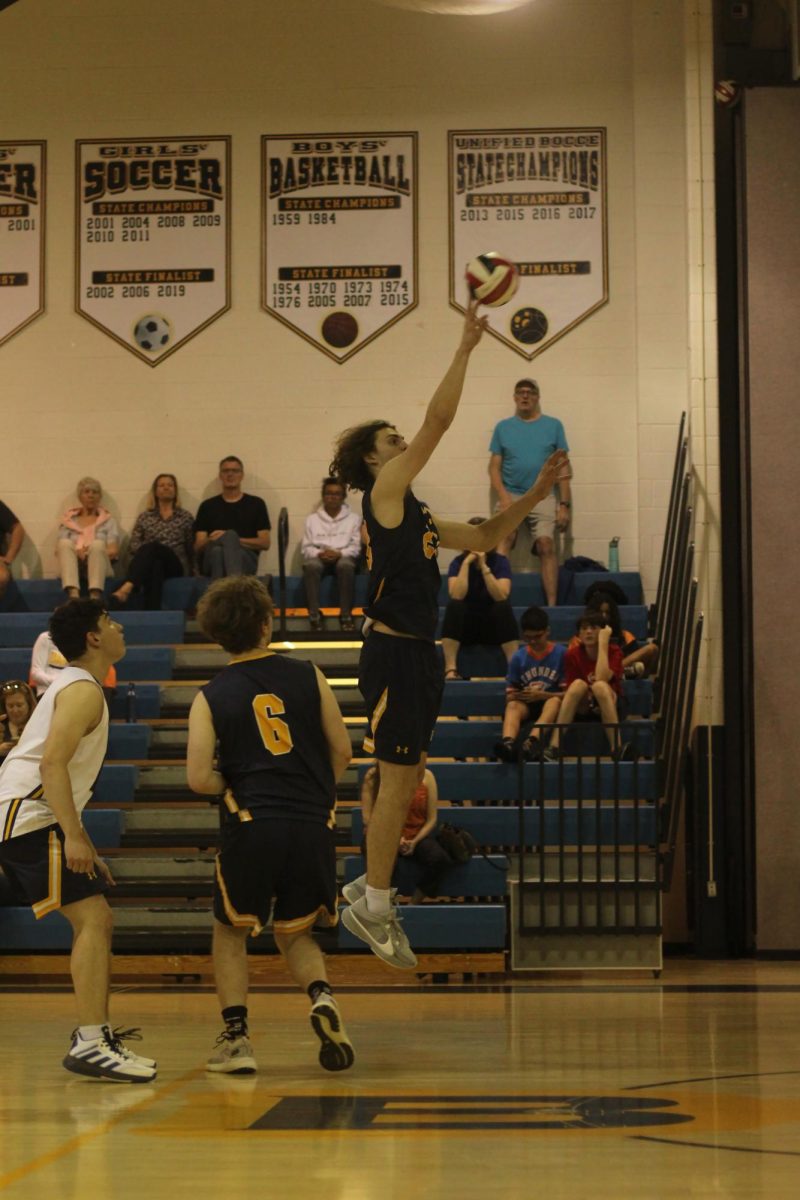

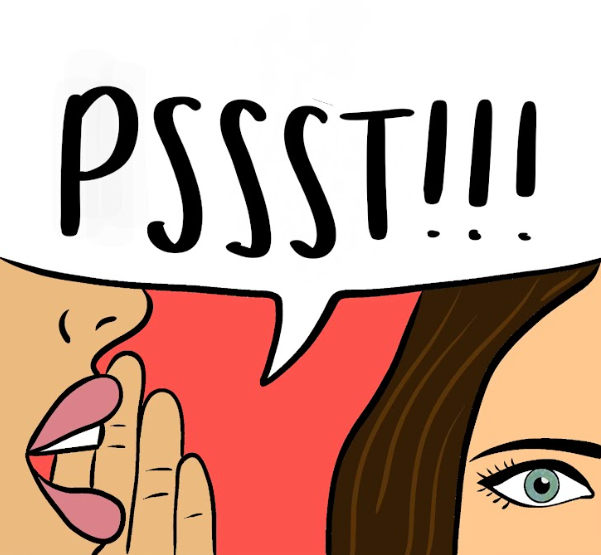

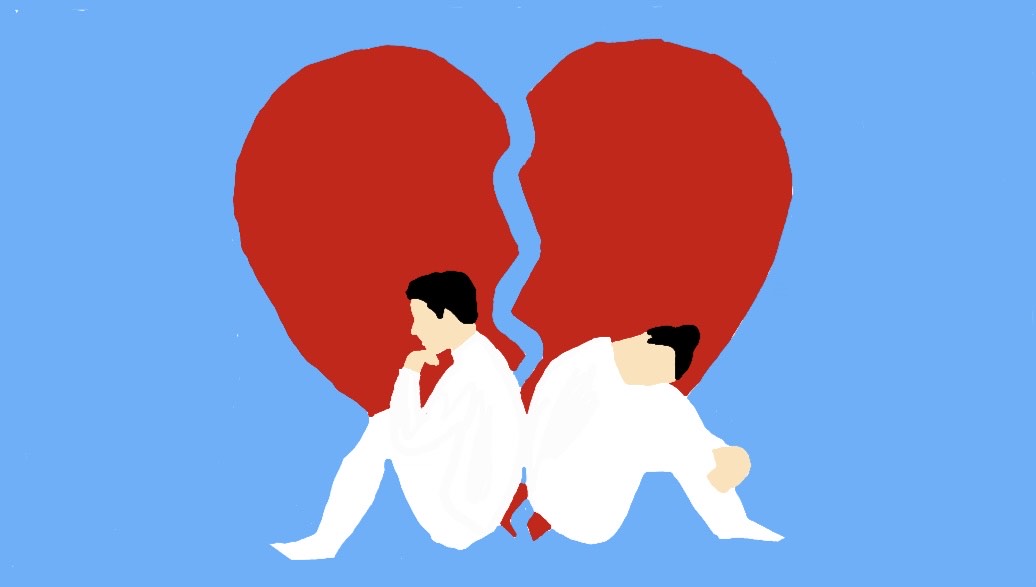
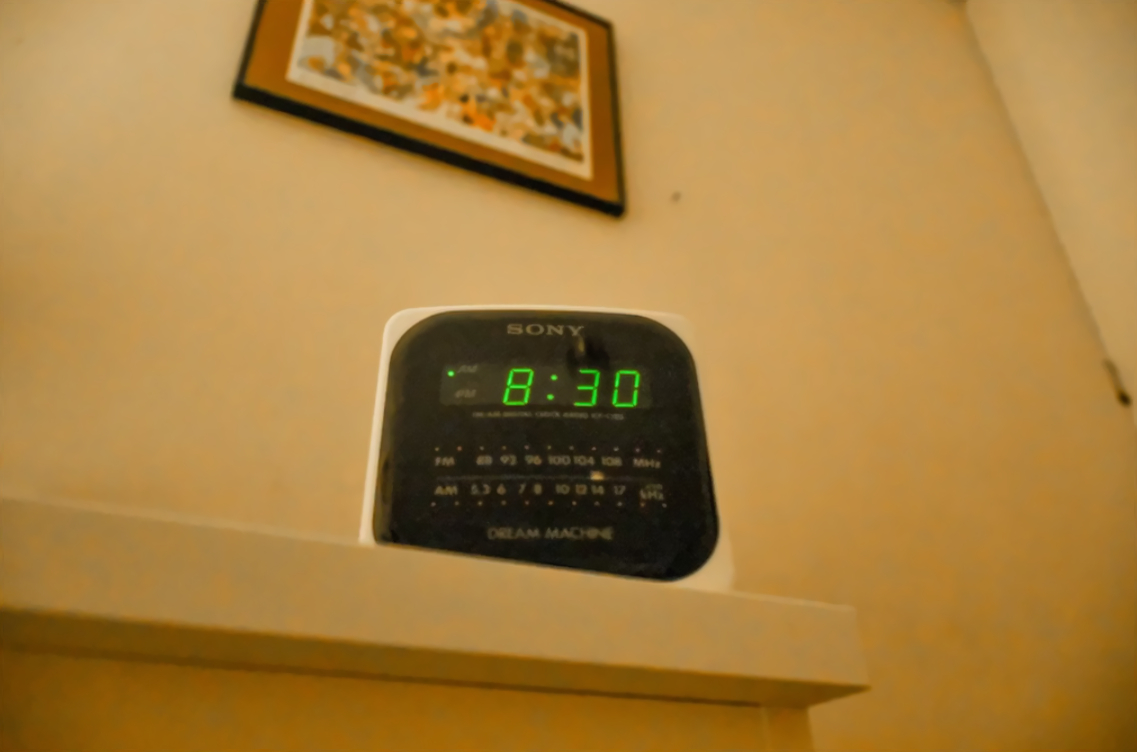
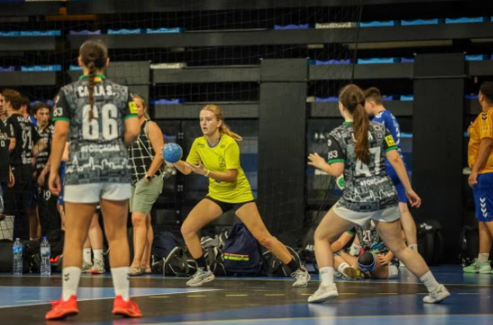

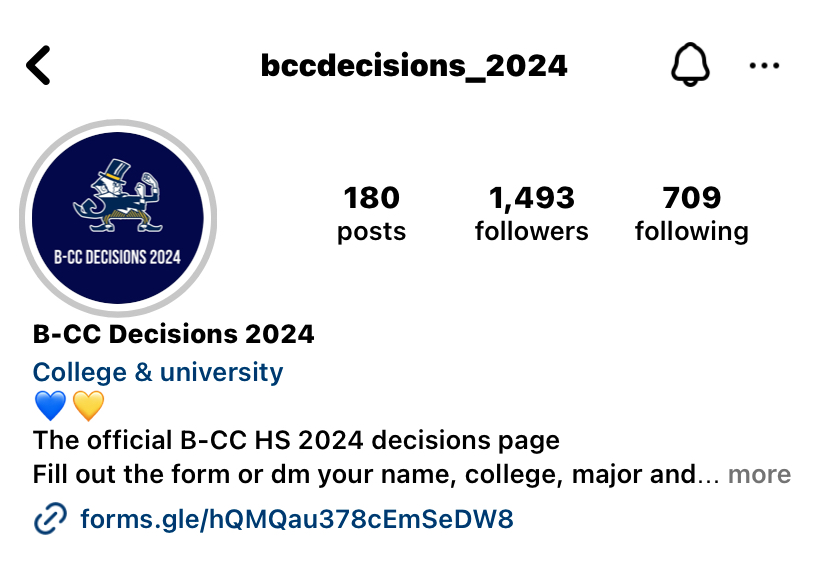
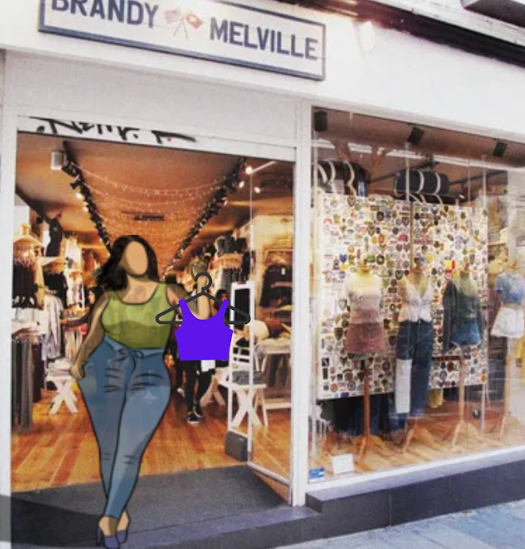
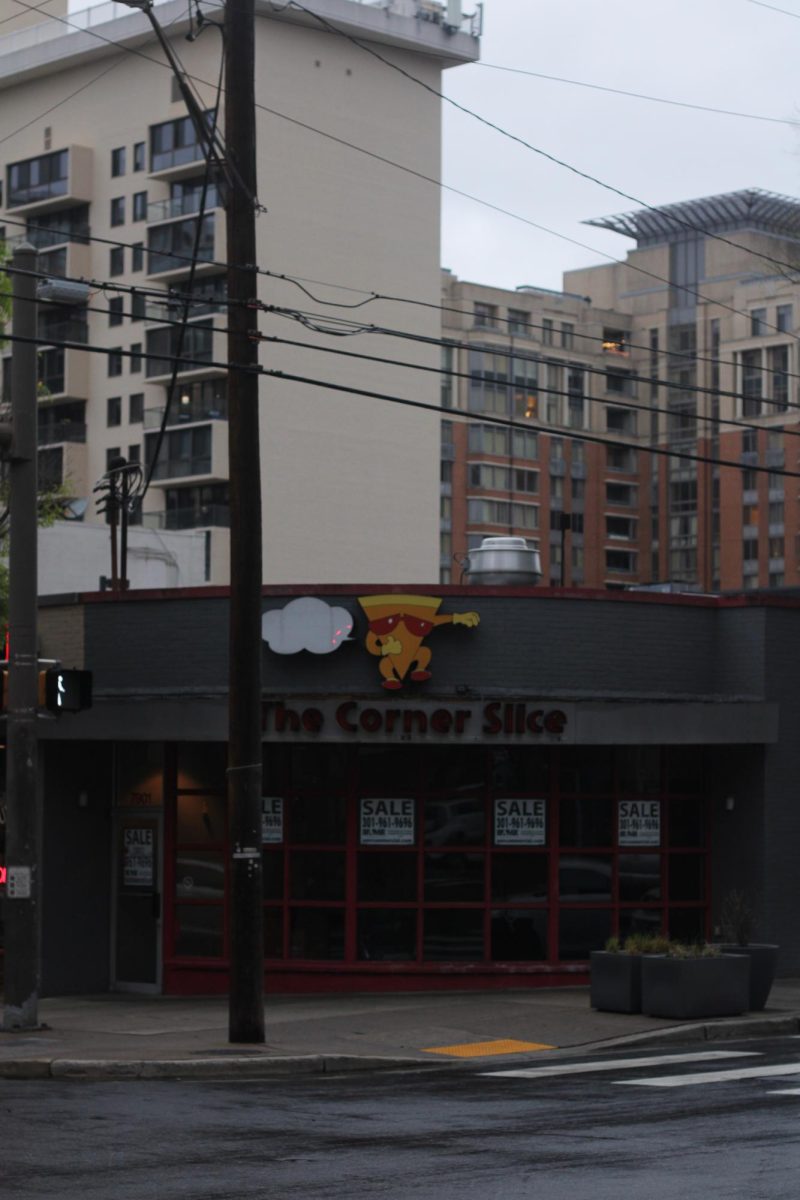
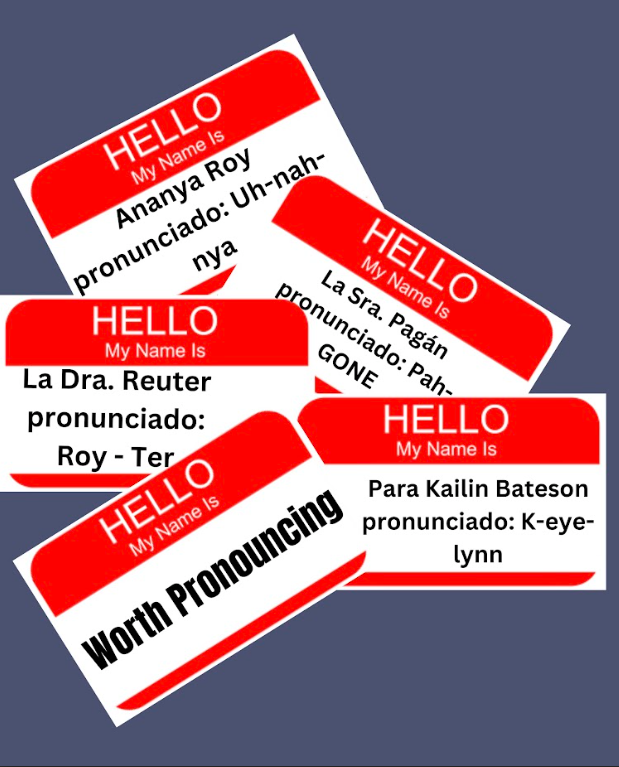
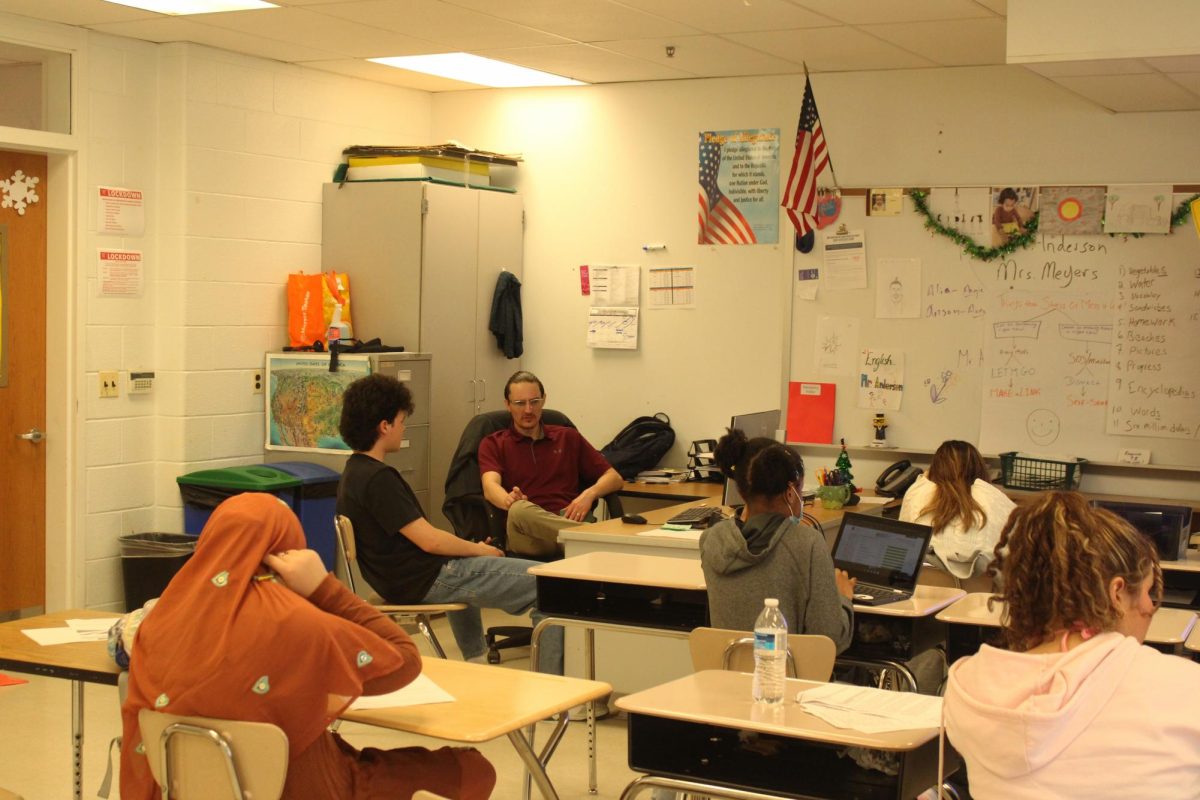
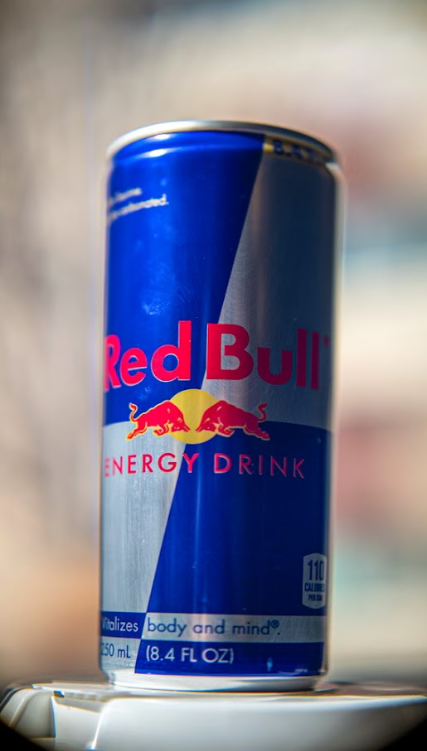

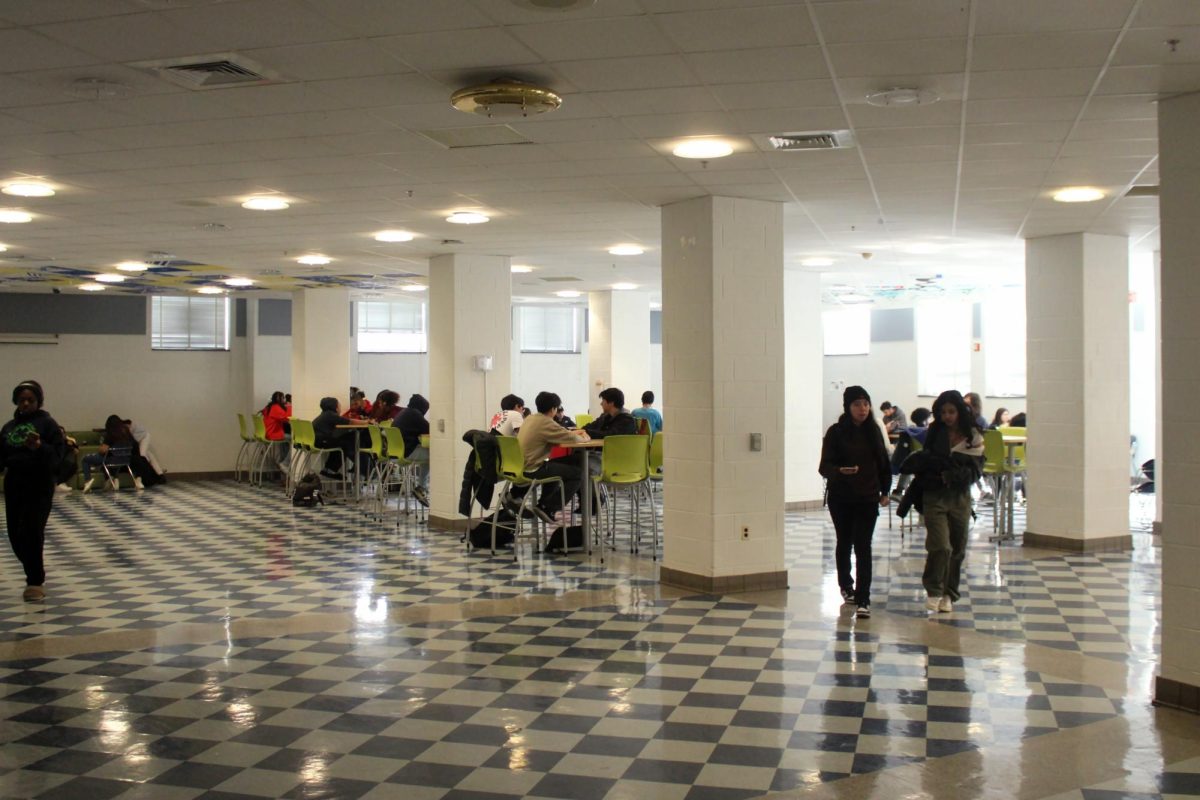

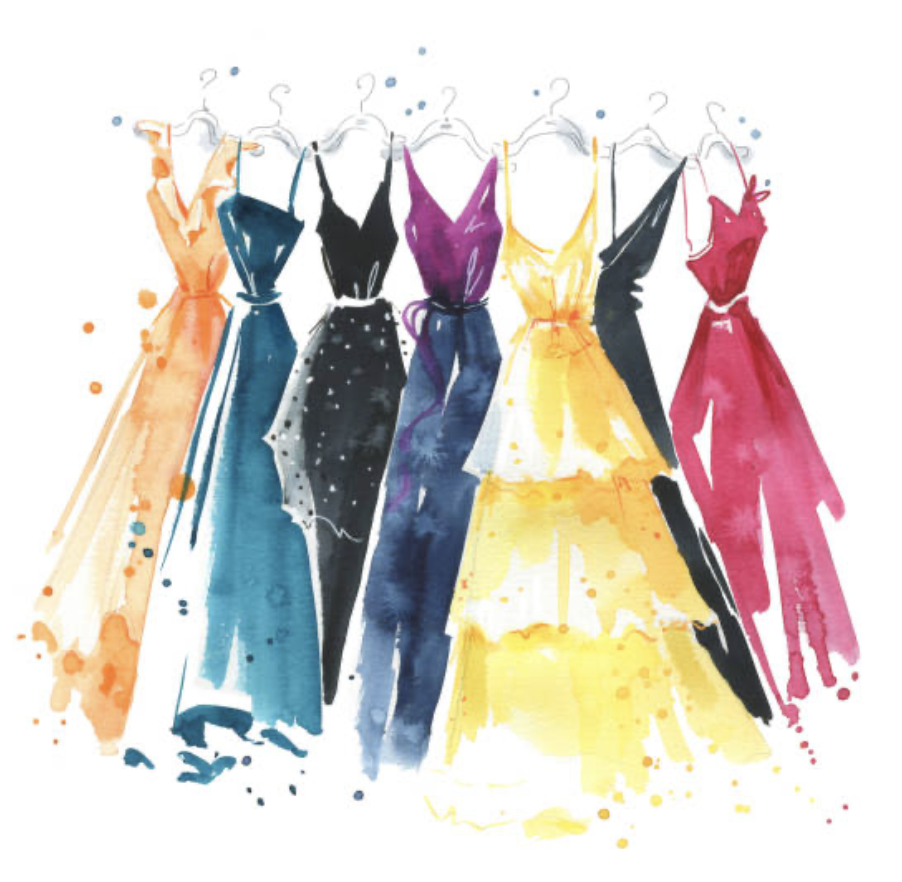
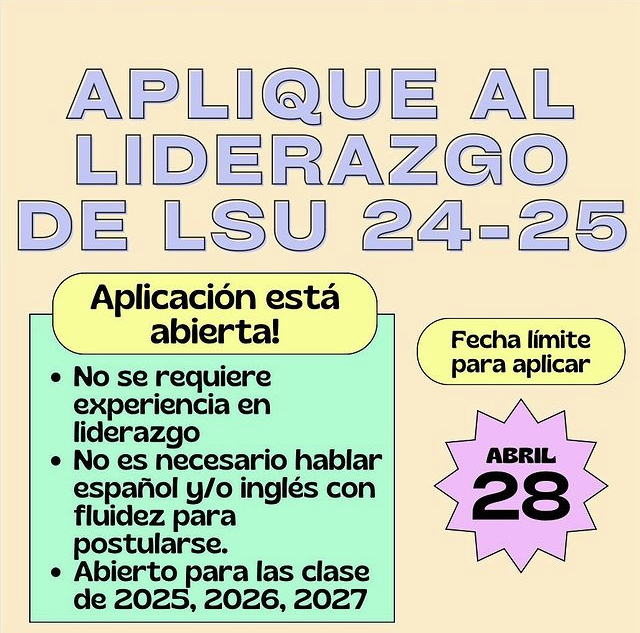
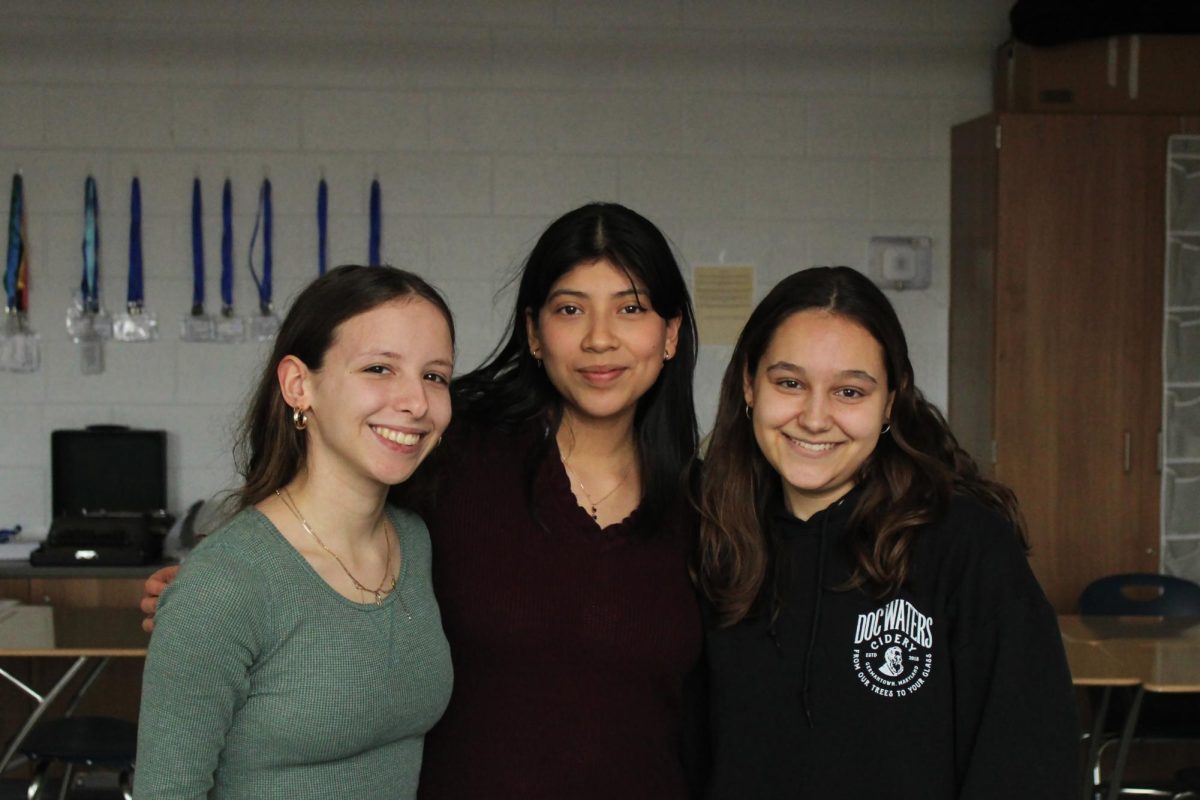

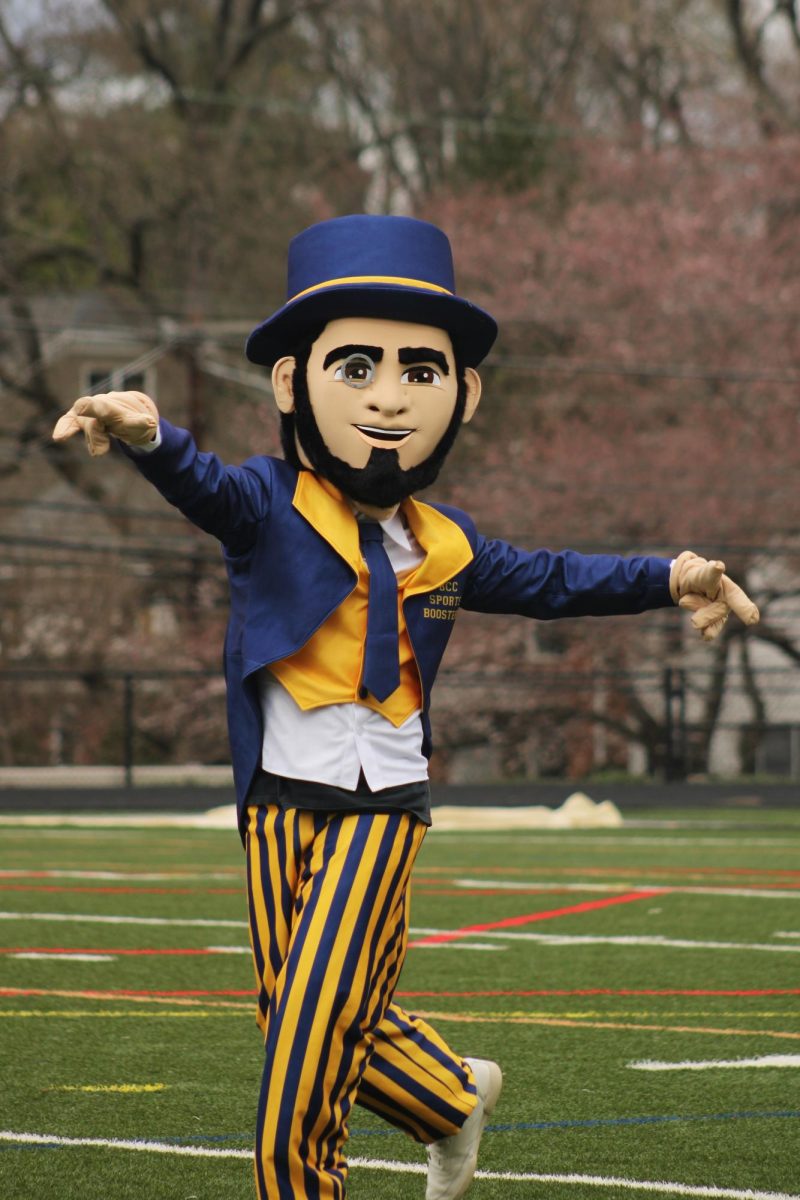
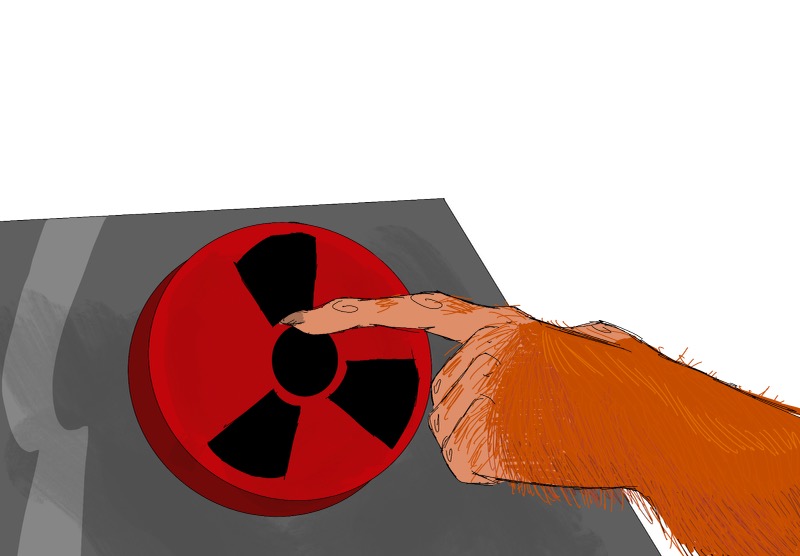
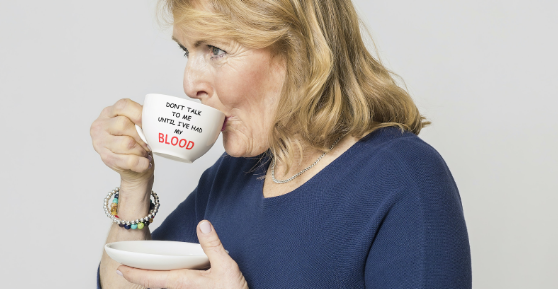
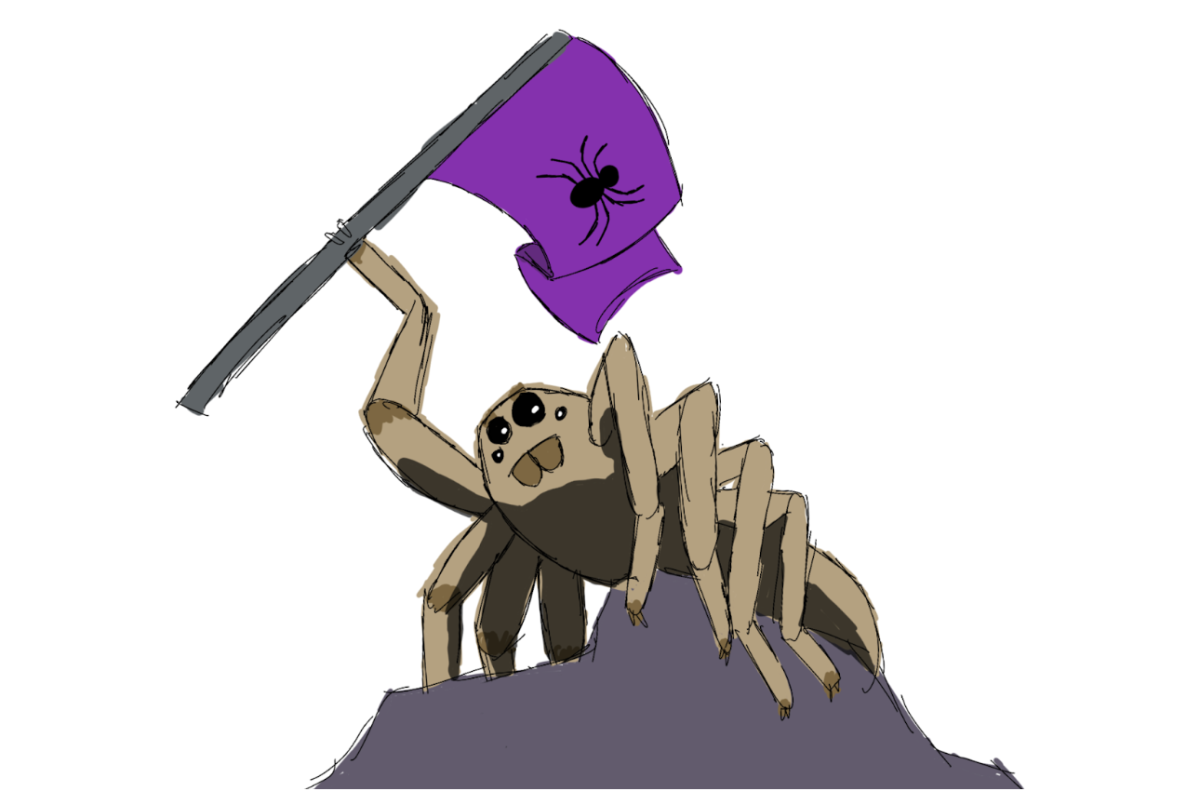
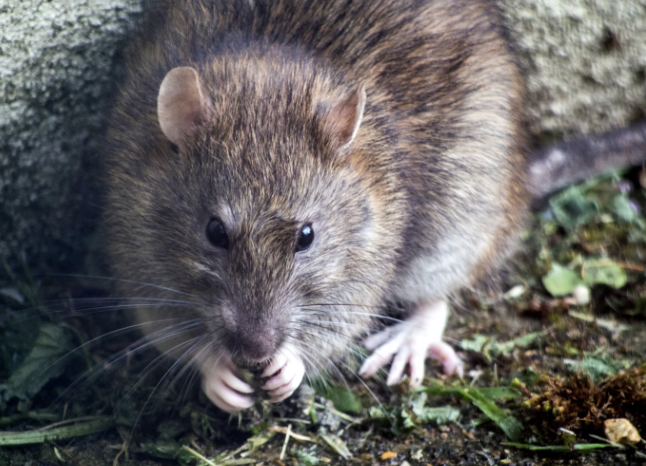



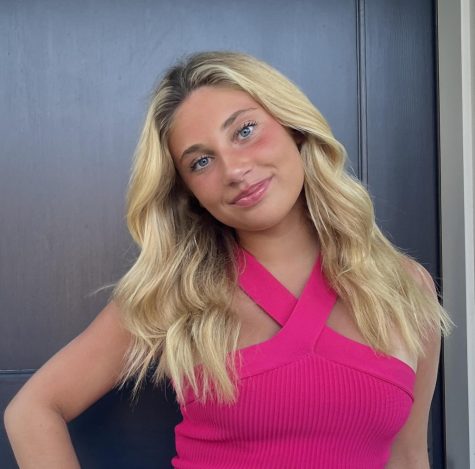
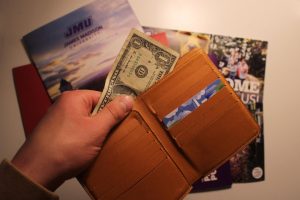
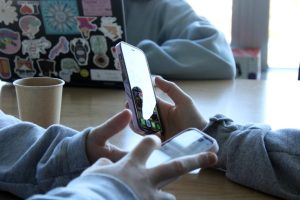



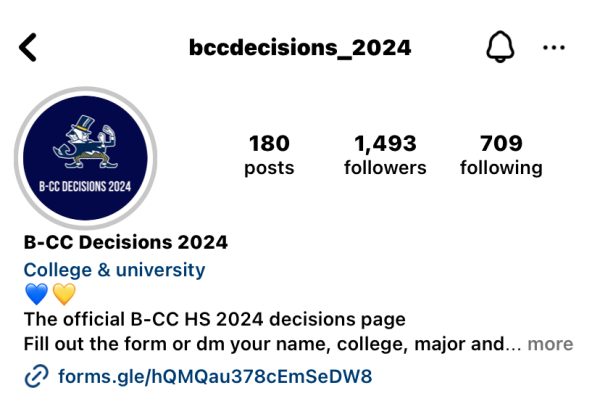
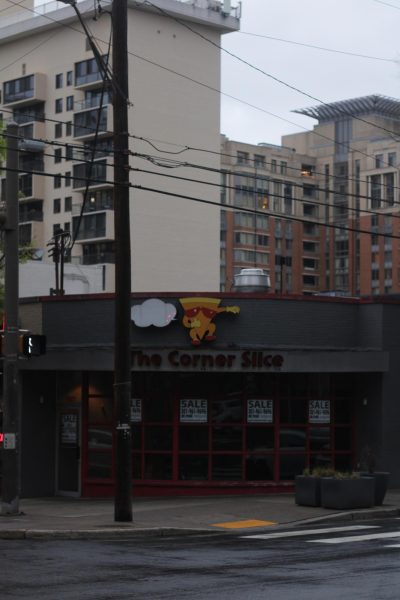
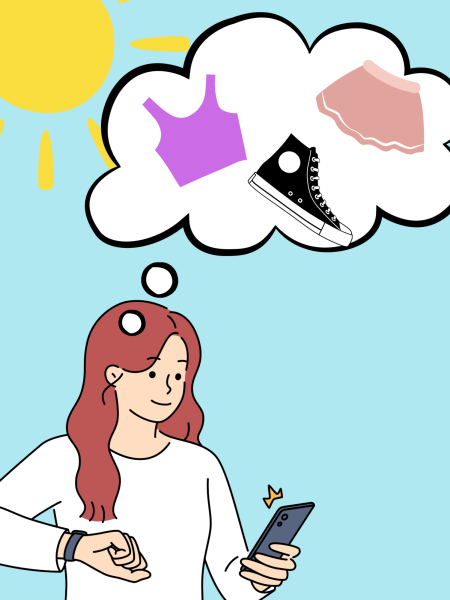
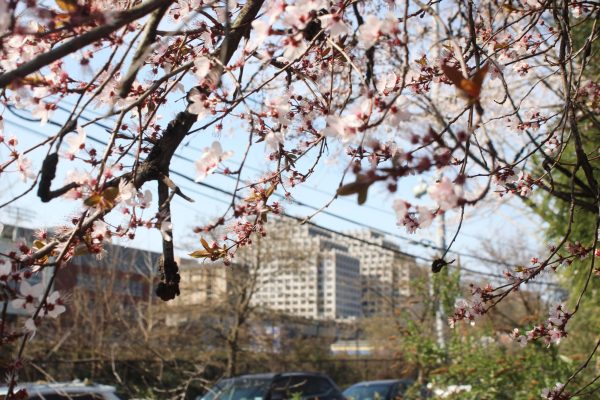
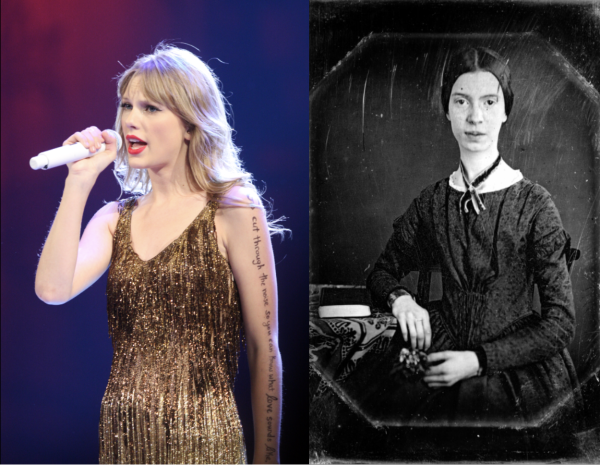
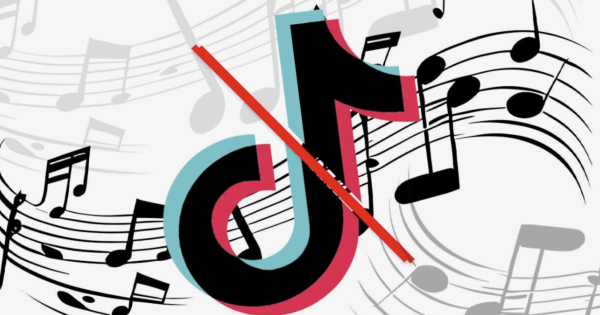
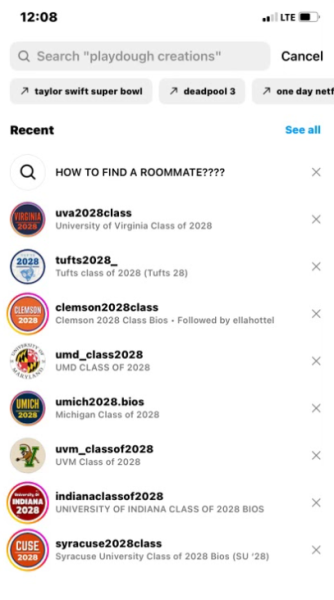
anon • Jan 24, 2023 at 2:47 pm
idk man maybe the interviewer asked if she’d ever dated a black person because until 1978 black men were not allowed to practice mormonism or marry a mormon person